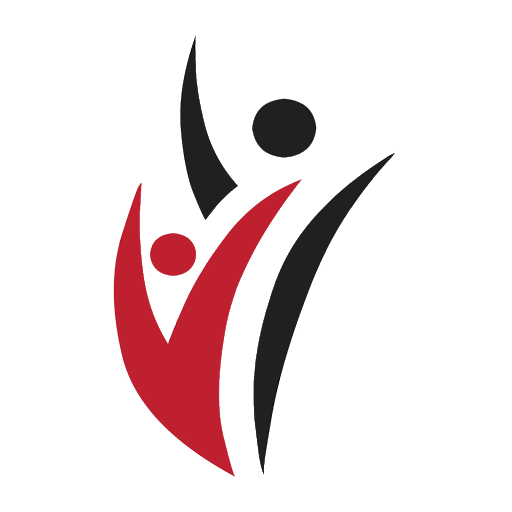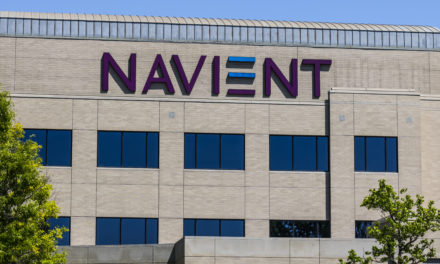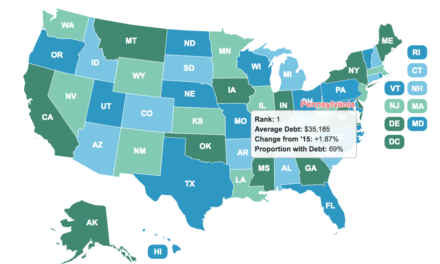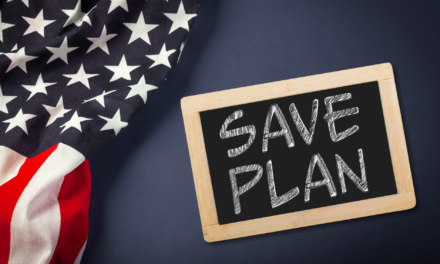2020 has been a volatile year for most people around the world. However, if you have student loans that you actively make payments on, you likely know that a small relief during the COVID-19 pandemic has been through the CARES Act.
The Coronavirus Aid, Relief, and Economic Security Act implemented by Congress in March of this year gave a financial boost and protection guidelines in response to the unemployment crisis caused by the pandemic. A key facet of this bill, enforced by the Secretary of Education, was the suspension of payments and interest accumulation on federal student loans. After a couple of extensions, the CARES Act is finally coming to a close on December 31, 2020. Here is what that means for you and your loans and tips on how to incorporate the payments back into your budget.
Payments Will Resume
Starting January 1, 2020, regular payments will be due on all student loans that require payments before the implementation of the CARES Act. Chances are if you have federal student debt, you’re probably one of the more than 37 million borrowers that haven’t made a payment in months.
If this does sound like you, get ready to get back into the habit of student loan payments. Inventory your finances and examine your payment plan. A lot of time has passed. Are you making more money? Less? Has the pandemic left you unemployed? All of these factors are very important to consider. Getting a plan together and organizing your new budget now will make dealing with the loans later much less stressful.
Refamiliarize Yourself With Your Accounts
With so much unconventional chaos going on these past months, you may not realize how little you’ve been checking your accounts. Log in to each one and make note of your balances and debts. It also helps to reevaluate your timeline to pay off debts, including your student loans.
This only requires an investment of time and basic math from you, and it could pay dividends down the road. Putting yourself in a position where you don’t know what payments are coming or how much you have in your accounts can be detrimental to your financial wellbeing. Don’t skimp on this step.
Explore Your Options
If you’ve spent time saving the money you would have been paying on loans, maybe it’s time to put that to good use. Have you considered consolidating your student debt? A consolidation loan is a fantastic tool for organizing your debt into one easy payment that, most of the time, has a lower interest rate than your original loan. Another option you could qualify for, if you’re making less money now than at the beginning of the pandemic, is loan recalculation, which can reduce your monthly payments.
Alternatively, if you’re a teacher, healthcare worker, or veteran, you should look into loan forgiveness options. Federal loan forgiveness can help alleviate a healthy portion of your student loan burden. However, it can be a little confusing navigating all the processes and applications, which is why entities like the National Student Debt Forgiveness Center offer expert guidance to borrowers.
Hope for the Best, Prepare for the Worst
Like we said, loan payments are coming back on January 1st. However, there is still a chance another relief measure could be passed before then. In fact, today’s headlines indicate that Congress is finally making compromises to make this happen. But none of us outside politics know exactly what that relief will mean for student debt.
That means the plan stays the same. Make sure your finances are ready for payments in January. Don’t let the hope of good news hinder your preparations. It’s much better to have your finances in order and be told payment and interest deferment are suspended than vice versa.
The outstanding student loan debt in the United States rests just above a staggering $1.6 trillion. The number seems insurmountable but with responsibility and, perhaps, some help from a responsible political plan, we could see some real relief for college graduates in need. In the meantime, we must all be diligent and purposeful in how we structure our finances to handle the burden of student loans.
If you need relief from your student loan burden, the National Student Debt Forgiveness Center can help. Our staff members are experts in debt forgiveness, refinancing, consolidation, and more! Contact us today to learn more about how we can help you. Then refer a friend and receive a free $25 gift card!








Select Page